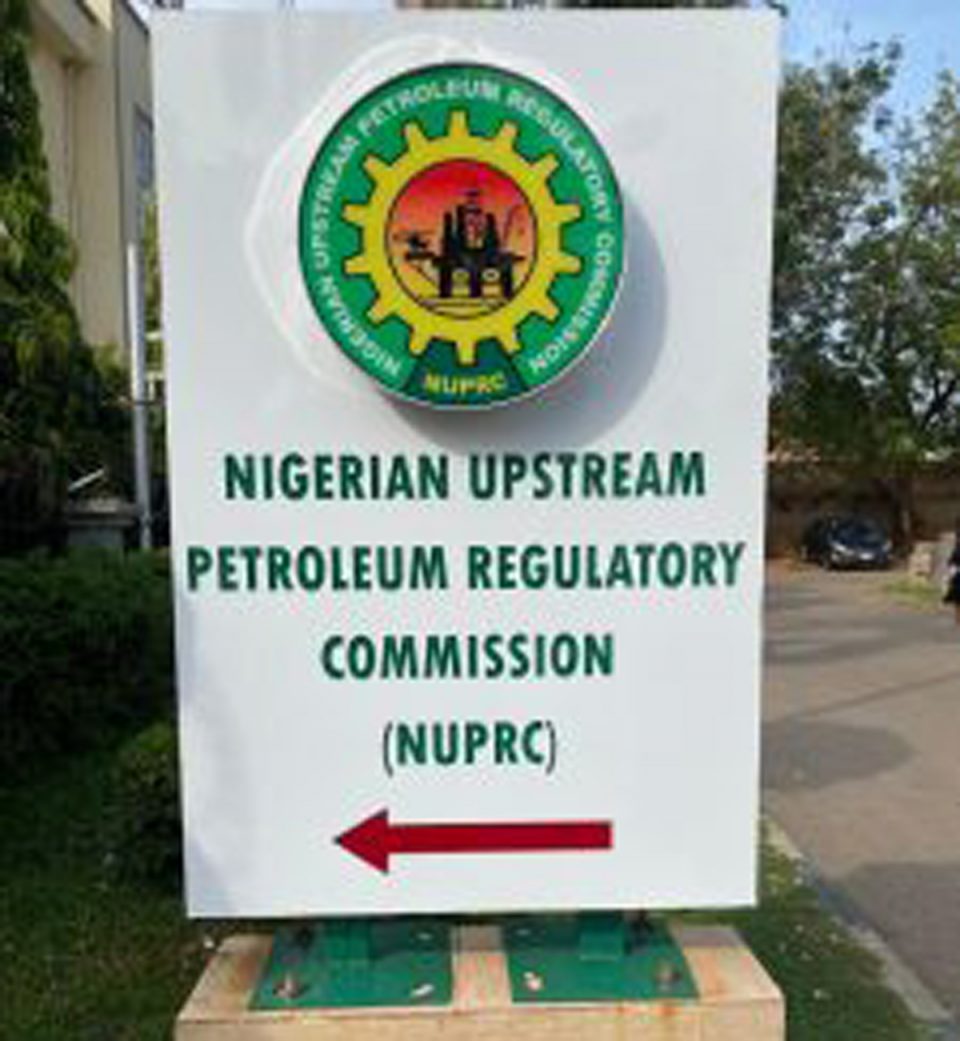The Nigerian Upstream Petroleum Resources Commission (NUPRC) is considering collaboration with key government agencies to fight crude oil theft in Nigeria.
On the average, Nigeria Extractive Industries Transparency Initiative (NEITI) indicated that in 2019 alone, Nigeria lost 42.25 million barrels of crude oil to theft. The product is valued at $2.77 billion.
While the country is also struggling to keep the per barrel cost of oil low, the commission, which replaced the defunct Department of Petroleum Resources, insisted that technology is being deployed to keep the production cost in check.
Speaking at the Nigerian International Energy Summit, yesterday, in Abuja, Chief Executive Officer of NUPRC, Gbenga Komolafe, said the commission is in collaboration with other relevant agencies to upgrade and deploy the technology towards curbing crude oil theft in Nigeria.
According to him, the NUPRC has taken technological advancements into consideration in its work processes, adding that the Technological Adaptation Unit within Engineering and Standards Department of the company engages service providers on new technologies that could be implemented in the Nigerian Petroleum Industry.
Speaking on how big data is changing the industry and the many implementations for the oil and gas industry in Nigeria, Komolafe said the commission has established more data-related initiatives, including National Improved Oil Recovery Centre (NIORC) focused on utilising big data to drive reduction in cost per barrel.
Arguably, we are in the era of big data in almost all aspects of human endeavour. In tandem, the oil and gas industry has significantly moved in the direction of acquisition of big data, to explore, capture, develop, produce hydrocarbons, and monitor reservoir performance and surveillance in real time.
“A good example of big data use is in 4D seismic surveillance, using nodal seismic technology where real-time seismic data is collected at periodic intervals to interpret for the reservoir effect as a result of injection-production in a reservoir. This process helps in reducing cycle time in decision-making on reservoir performance,” he said.
Komolafe said the development would ensure higher operational efficiency, lower downtime, lower Health, Safety and Environment (HSE) risk and lower environmental impact with high capacity for continuous data gathering.
He noted that data driven approach remains a valuable process for estimating injector/producer connectivity between wells in a producing field.
“It is noteworthy that the upstream industry is facing challenges that require the need for mass data in high-precision reservoir modelling and surveillance. Consequently, superb computing power, high-performance storage capacity, powerful and integrated mapping applications are required to be able to turn big data into barrels and value for money,” Komolafe said.
He noted that the key challenge for service providers in producing oil companies revolves around the need to demonstrate the value that gathering additional data would bring to the asset.
According to him, the key challenge is using mass data to meet Nigeria’s energy needs and increase proven reserves by ensuring that the nation’s oil and gas resources are not left behind in the subsurface without being beneficial in a timely manner for the nation.
Komolafe said: “National Data Repository (NDR) within the NUPRC serves as the data warehouse for Nigeria’s oil and gas industry. The Value of Information (VOI) is for the purpose of oil and gas investment decisions. For example, NDR facilitates data for bid rounds in line with the statutory mandates of the NUPRC under the PIA to prospective investors, thus enabling informed investment decisions and shortening upstream business lifecycles.
Another application of mass data to barrel in NUPRC can be found in the National Production Monitoring System (NPMS), an electronic system that is deployed to monitor oil and gas production in Nigeria. This ensures accurate and reliable reporting of crude oil production.“




